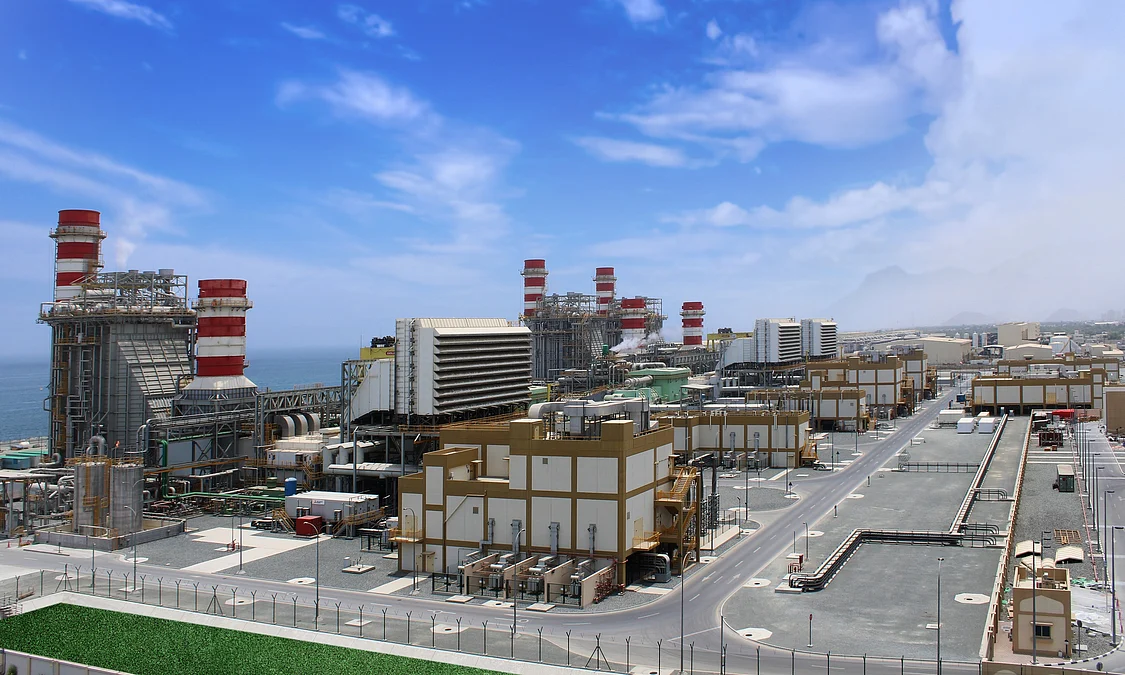Copyright expressandstar

It is true we do not yet know how many of these jobs will be in the UK, let alone in the West Midlands, but it is not just those who are directly at risk who should be concerned. Where companies like Amazon lead, others follow, and people are right to be concerned that this could be the start of a seismic shake-up in our labour market that could see many of the traditional jobs that we today take for granted being replaced by technology. We know, for example, that driverless cars are on the way. What will this mean for the hundreds of thousands of people who today work in the transport industry? What will happen to warehouse staff when all the packaging staff is done by robots? As the birthplace of the Industrial Revolution, this region knows only too well that the rapid changes in technology can also have a devastating impact on those involved in the old jobs that fall by the wayside. Lamplighters, coachbuilders and blacksmiths all found their livelihoods were overtaken by technology. In more recent years, farm labourers, coal miners and steelworkers have also seen their jobs disappear as the labour market changed once more in the face of mechanisation and global competition. Take a look at some parts of our region, and you will see that the scars from these changes are clearly visible. This newspaper is not against progress. If, in future, artificial intelligence means that labour-intensive routine work can be carried out more cost effectively by machines, then it will mean a higher standard of living for us all. And, knowing what is coming will at least give us time to prepare. The Prime Minister and Chancellor have spoken a lot about growth, and rightly so. But we must also recognise that such progress will inevitably come at a price. The Government must also ensure that those who suffer the most from the structural changes to the labour market are not left to fall by the wayside, as so many have done in the past.



